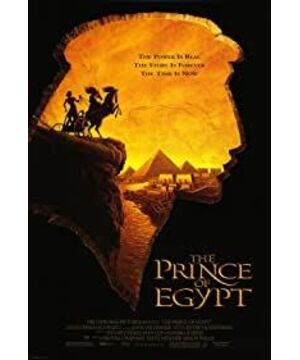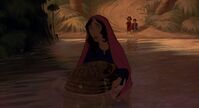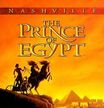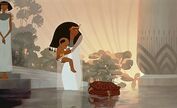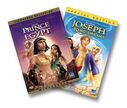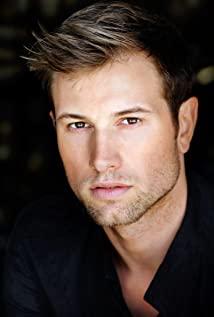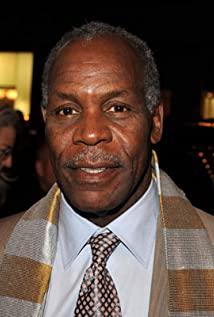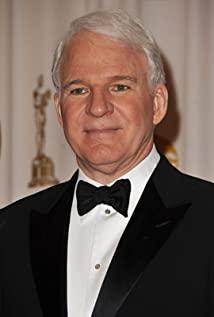The production of the film is still very sophisticated, which can be seen in the animation production of water. Those who have been to Egypt will have a great feeling when watching it. The music When You Believe is also a classic. The core of the movie can easily cause controversy. The American cultural self-confidence in the 1990s prompted it to produce a series of animated films. In addition to the adaptations of Beauty and the Beast and The Little Mermaid in this cultural field, the Lion King, Aladdin, and Mulan all adapted stories from other cultural fields. Formed works with the core of American free culture, and American animation has formed an important platform for exporting its culture in the world. This book is adapted from a biblical story. Although it is a classic that brings out the genes of ancient Western culture, it is still added by Americans with some modern cynical Western thinking. Exodus is a story about oppression, but it also embodies the idea of using violence to control violence. It is a feature of most ancient civilizations, such as the Chinese magic brush Ma Liang and other children’s stories. It is also absolutely mysterious. Strength is the foundation for maintaining the so-called public order and good customs. However, Eastern civilization always allows a kind of thought of maintaining order under non-violence, a kind of self-examination and self-understanding power. This kind of spiritual power is more long-lasting than the human fear of strength. American Western civilization puts too much emphasis on freedom and universal love. But when freedom extends to disregard of others, it is a moment of madness; when universal love is sublimated to be out of human nature, it is a moment of pretense. In this movie, Moses is placed in a kind of moral division. On the one hand, it is the height of the nation. On the other hand, it also faces family affection that needs no rebuttal. The film seems to completely ignore the latter, making Moses the murderer who killed his nephew. . This has also become the failure of this animation. It promotes the superiority of Western culture under the guise of fighting for freedom, but it is difficult to justify the human emotion in the broad sense. This is also the biggest risk in the film when discussing moral culture, that is, the embarrassment of the single-level perspective after the upgrade.
In fact, this kind of moral division is very common in American society. For example, so-called whistle-blowers such as Snowden can be seen as a hero from a certain height, and he is a traitor from another level. Perhaps the Americans created by the times are too powerful, so they always spark conflicts in the right and left palms. In the eyes of Americans, the left is the obsession of the superiority of Western liberal culture, and the right is also the intoxication of the worship of Western absolute power. In short, other nations and cultures are not in their eyes and can be ignored or overlooked. The freedom of the West means that it would rather hurt others to preserve one's own freedom; the fraternity of the West is the kind of fraternity that stands on a moral high and is self-intoxicated.
View more about The Prince of Egypt reviews


